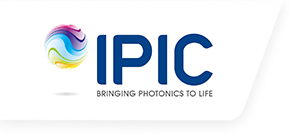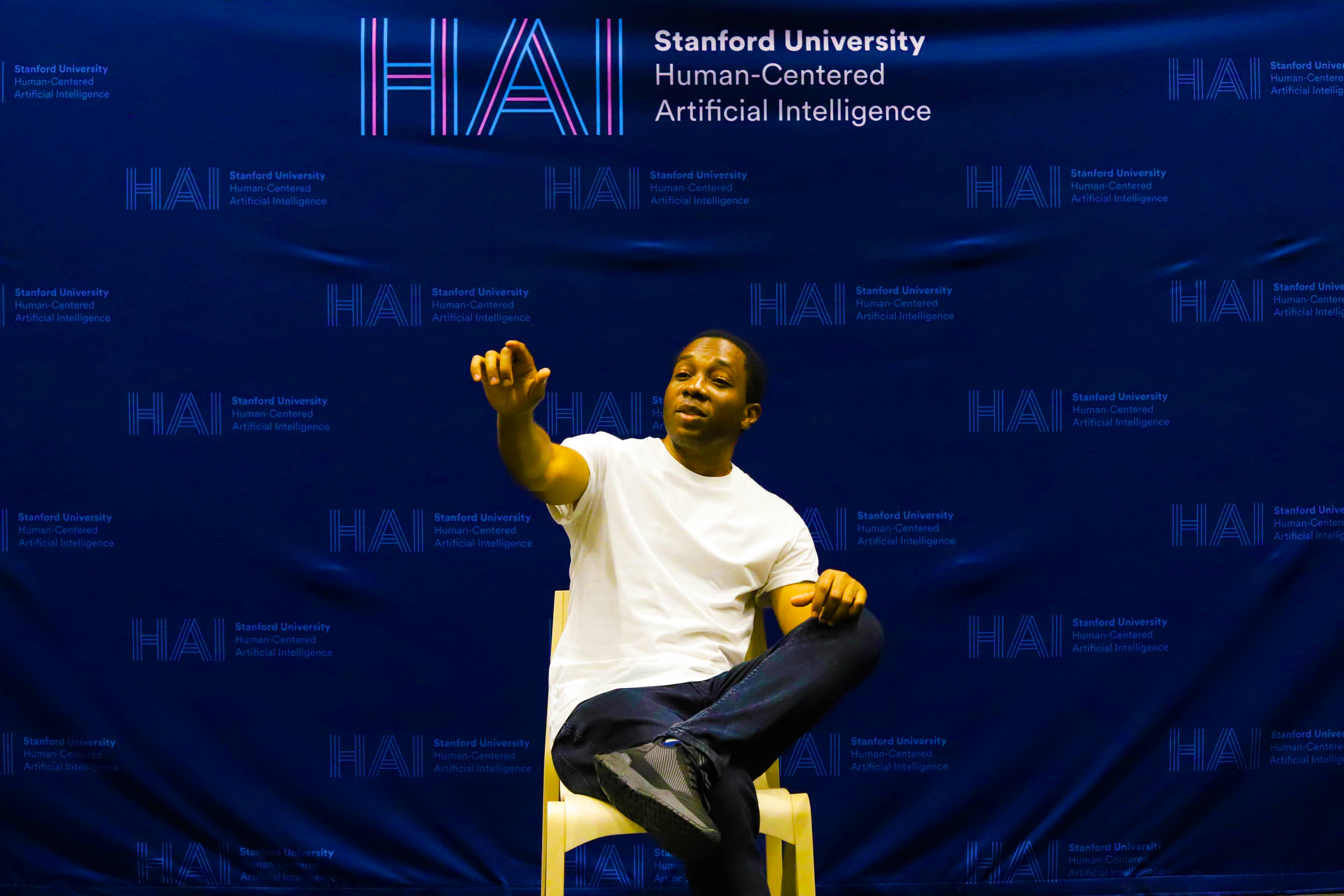I am Muyiwa Balogun. I am from Nigeria, West Africa. Currently, I am working as a researcher under the Irish Photonic Integration Centre (IPIC) project.
I obtained my bachelor’s degree in Electrical Engineering from the University of Ilorin, Nigeria. In my country, this degree is a five-year program and during the final year, students are required to choose areas in which they would like to specialize, as Electrical Engineering is quite broad. I opted for the Telecommunications option, as Telecommunications and Information Technology was really booming in my country at the time.
During my undergraduate days, I used to organize tutorials for my colleagues, and I was very much interested in telecommunications and the fast-evolving technology. As soon as I completed my first degree, I became hungry for more knowledge in the field of telecommunications. I wanted to know more. I became more curious than ever before. The world was changing very fast. It was early 2000s and a lot of new inventions and technologies were springing up everywhere, just like how it is today. I wanted to be a part of this trend and to get deeply involved. This urge inspired my decision to become a scientist. I was absolutely inspired by the fast-evolving technology and inventions, so much that I was determined to be a major contributor and not just another end-user.
Like I mentioned earlier, I became hungry for more knowledge and for the first time in my life, I left the shores of my country to start my master’s degree in Electrical and Electronics Engineering at the University of Kwazulu-Natal, Durban, South Africa. During my years as a master’s student, I was exposed to the fundamentals of research, and I was privileged to present parts of my research work at various conferences in different countries. In one of such conferences at the United States, my research paper was selected for the best paper award. I was becoming more fascinated to research, and I was enjoying the traveling that was involved, which exposed me to different researchers across the globe as well as different cultures and traditions. Immediately after my master’s degree, which I finished with a distinction, I enrolled into the School of Electrical and Information Engineering, University of the Witwatersrand, Johannesburg, to start my doctorate degree.
During my PhD program, I focused on optical communications, and I started to get drawn more and more into this unique field, being the bedrock of modern telecommunications. After my doctorate degree, I moved to the middle east and joined the Ben Gurion University of the Negev, Israel, as a researcher. Then, I came across the IPIC program, and I was immediately excited about the concept. I have always been craving for a place where there is a visible and active synergy between the industry and academics. The IPIC program presented me with this opportunity. I moved to Ireland to commence the fellowship, and it has been good.
Being a researcher has so far, given me the opportunity to travel around the world and to have unique work experiences in Africa, Middle East, and Europe.
The advice I would give to anyone who is unsure about their career path, is to find out what makes them tick and gives them joy. Once they are able to decide this, they should follow the suitable career path. The best anyone can hope for, is to be paid for what they enjoy doing.
Sparkle has received funding from the European Union’s Horizon 2020 research and innovation programme under the Marie Sklodowska-Curie grant agreement No. 847652 and from Science Foundation Ireland.







